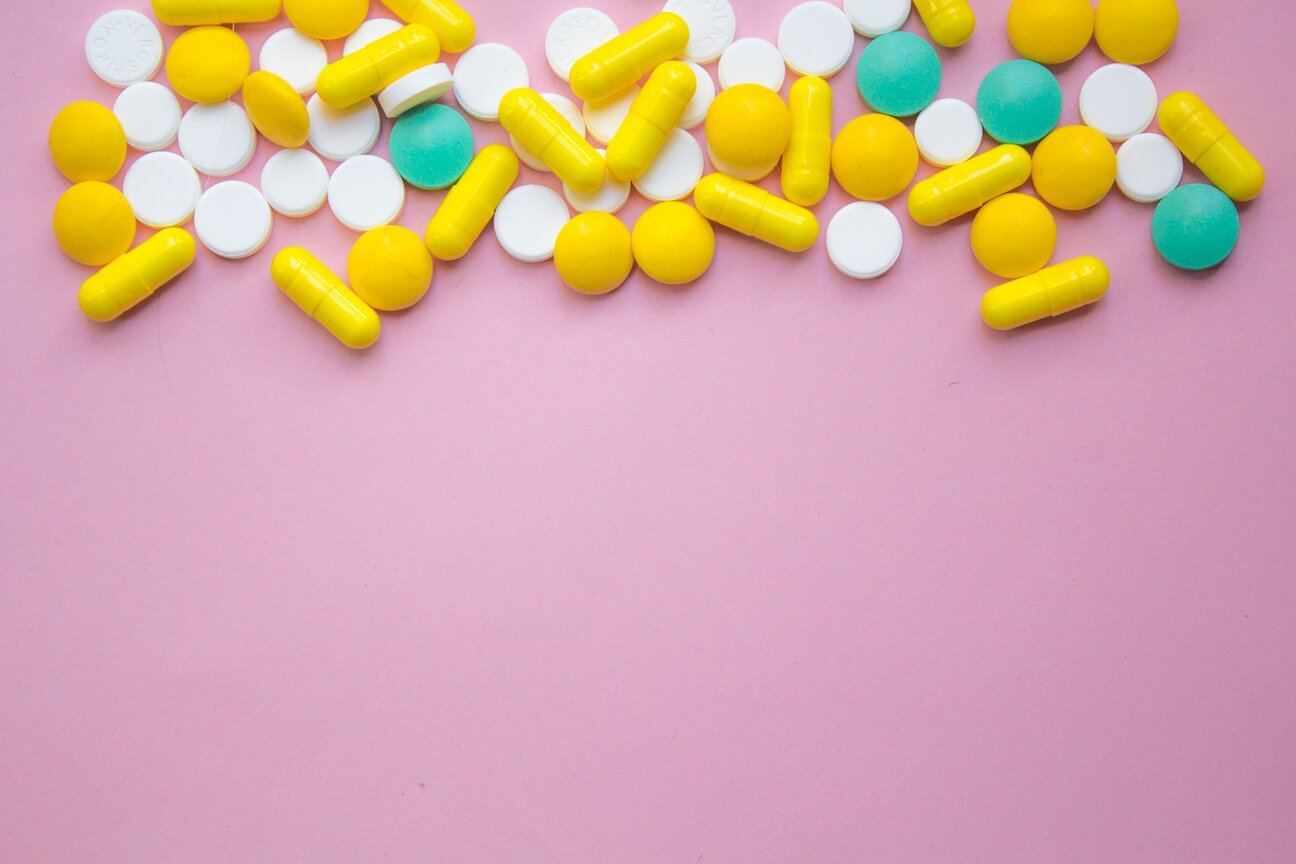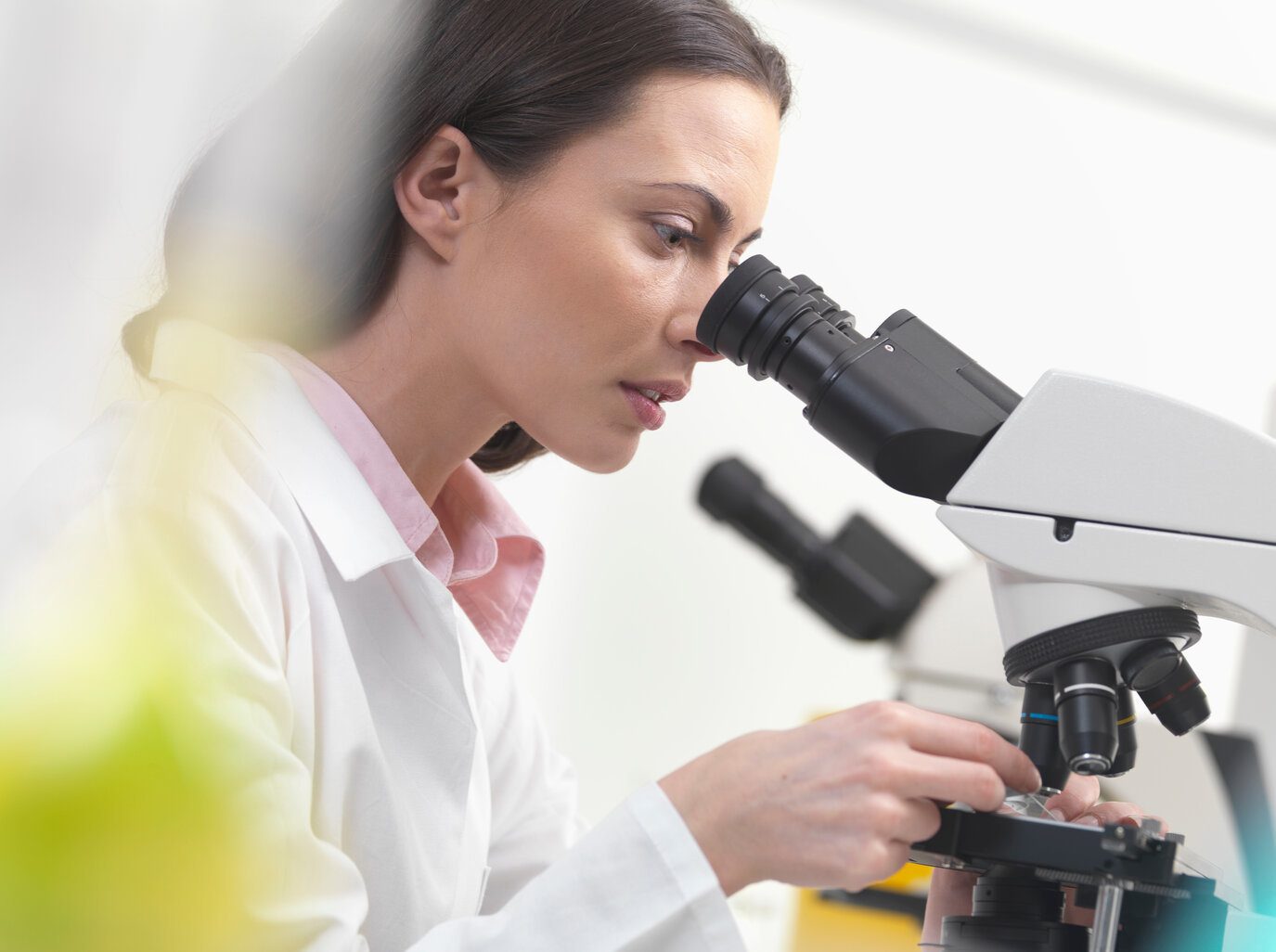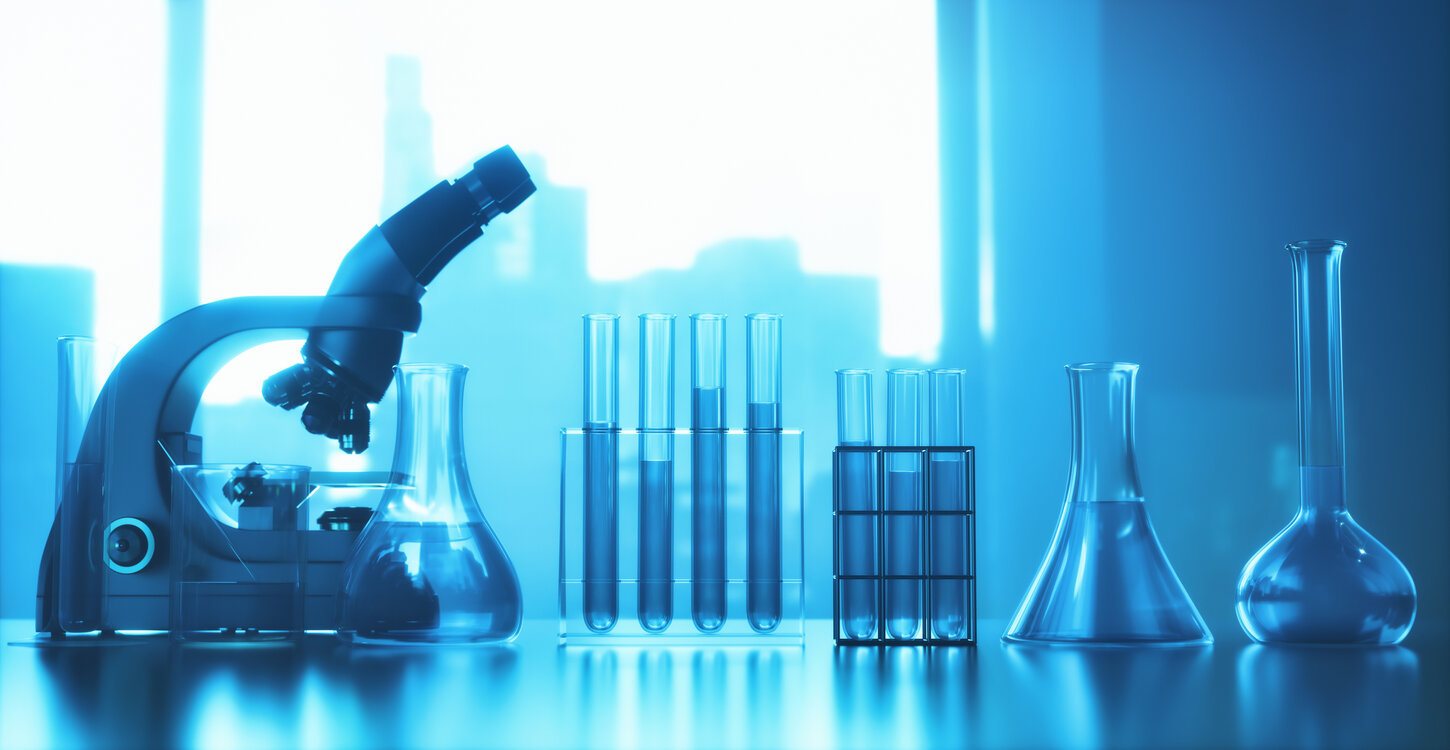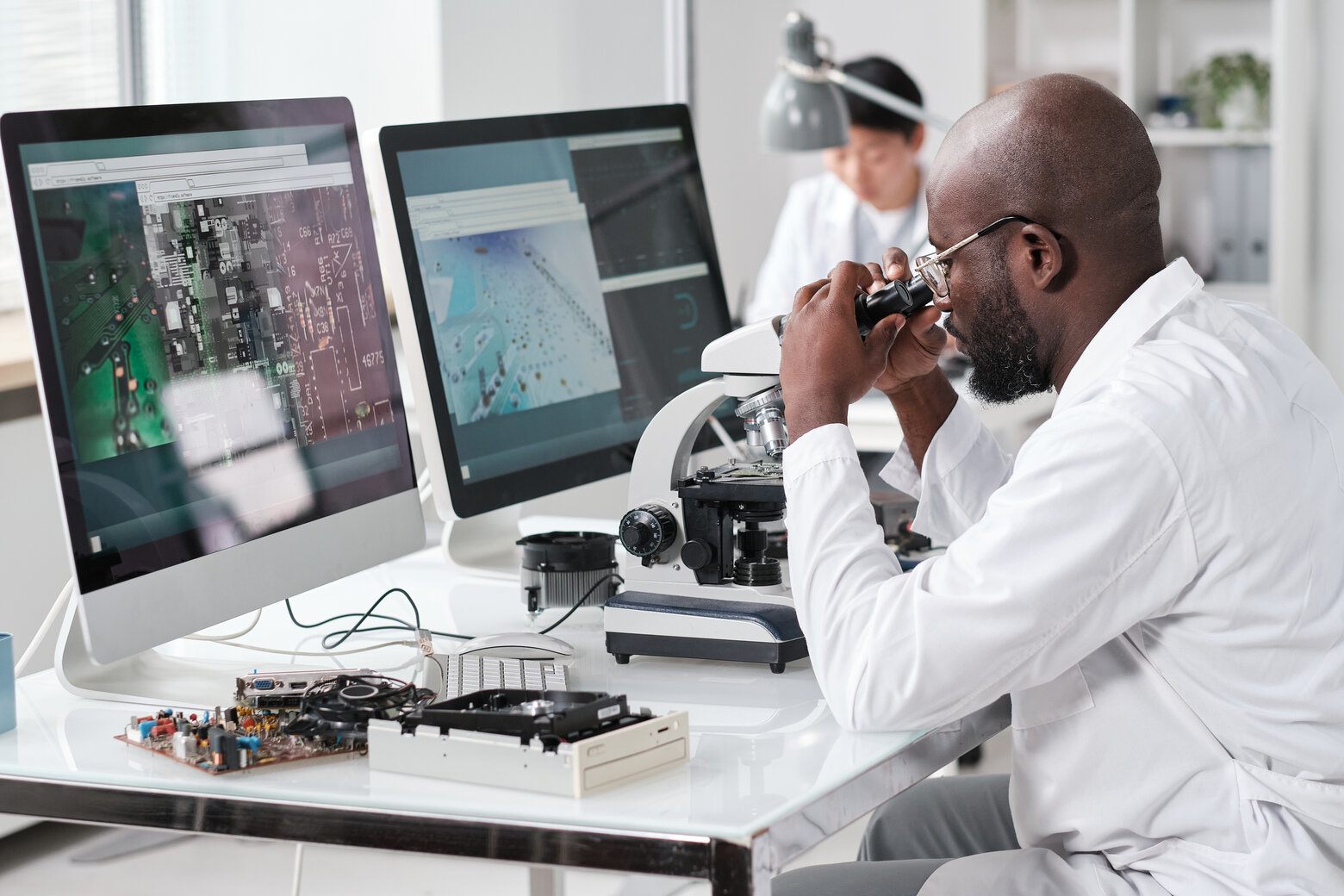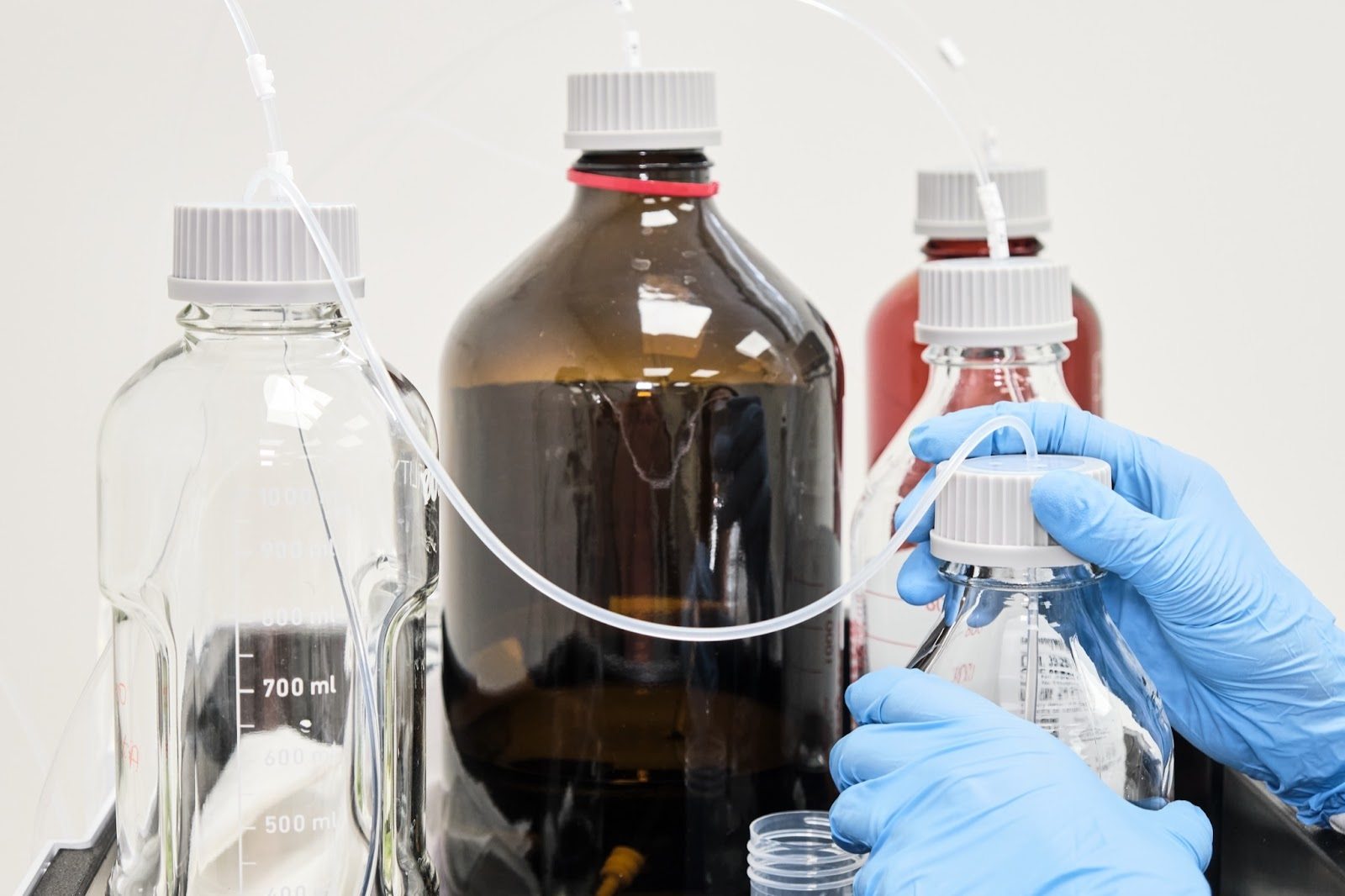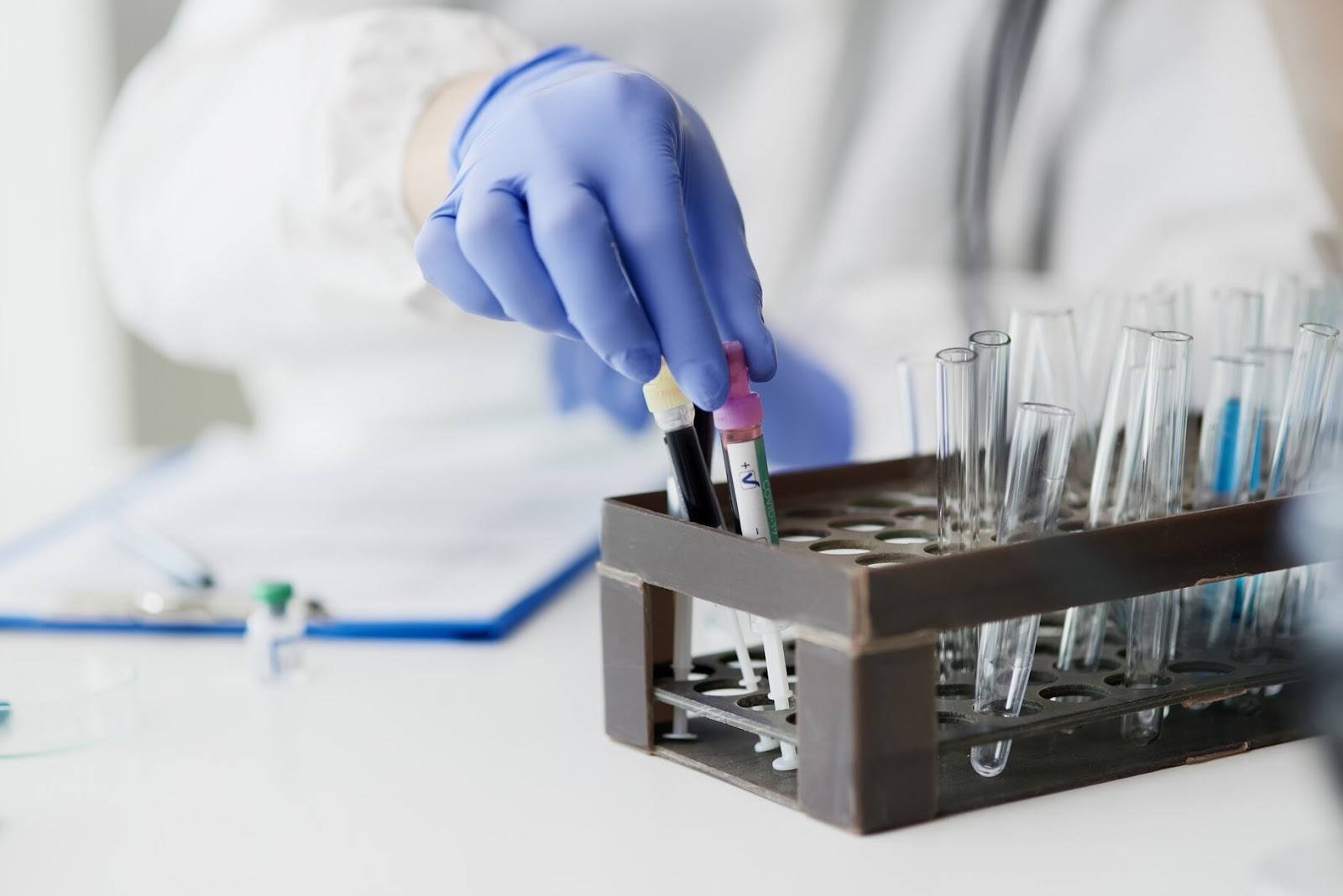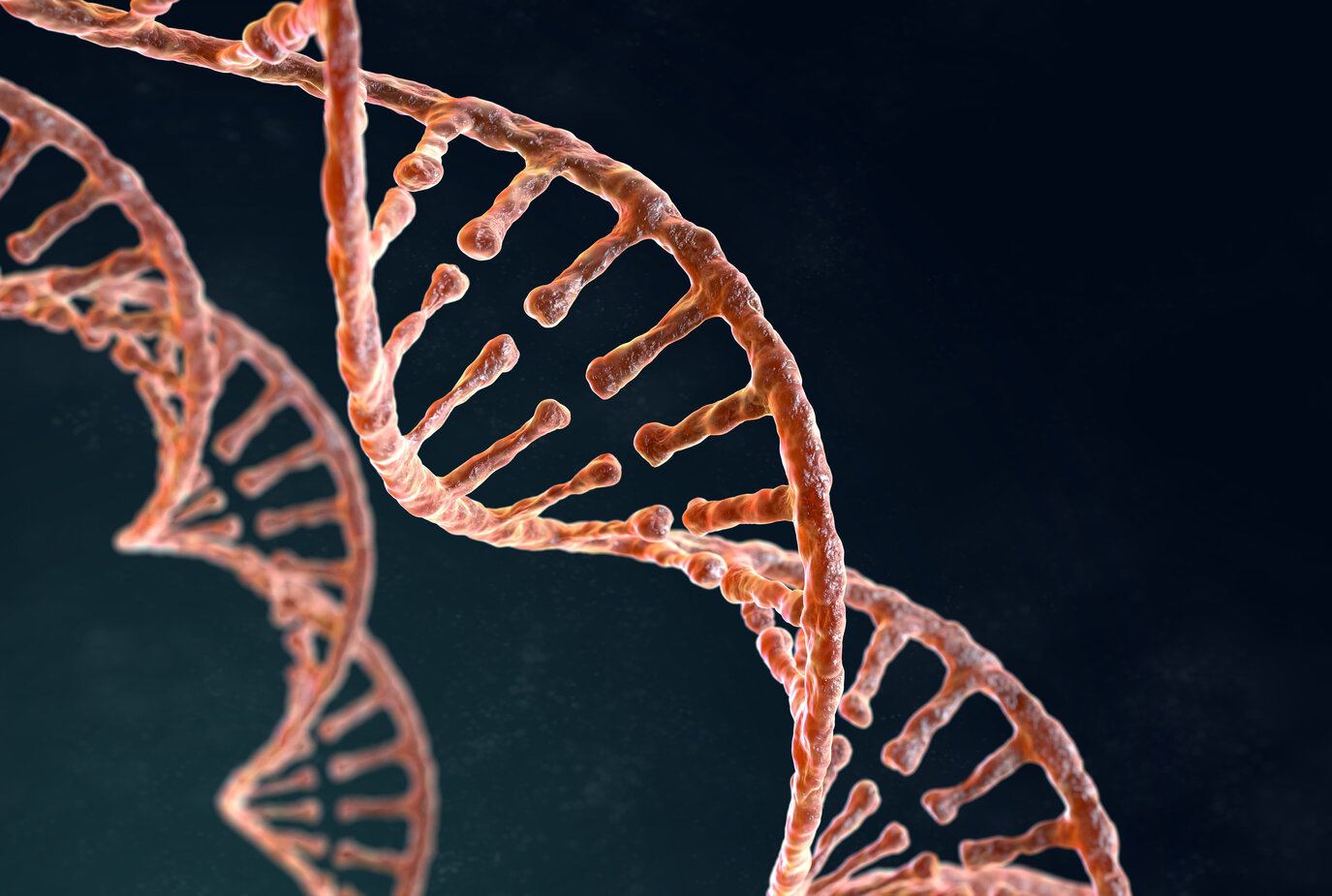BLOG
Pharmaceutical manufacturers have the responsibility to offer the market safe and reliable drug products. Compendial testing makes it possible for healthcare professionals, pharma businesses, and regulatory entities to ensure that only the best medicines reach the hands of patients. What is compendial testing? Compendial testing refers to a series…
Read MoreSince its invention in the 1950s, size-exclusion chromatography has been widely used for the analysis of proteins and other water-soluble polymers. Size-exclusion chromatography has many applications in modern science, as it is one of the main tools used by researchers to separate molecules. What is size exclusion chromatography? Also…
Read MoreChromatography has seen several developments throughout the 20th century. The term chromatography comes from the Greek words chroma, meaning “color”, and graphos, which means “to write”. This is because the technique was primarily used to separate plant pigments such as chlorophyll during its first years of existence. New chromatography techniques…
Read MoreChromatography is one of the most important techniques in the study of biological molecules. Thanks to chromatographic separation techniques, the unique properties of proteins, amino acids, and other molecules can be isolated, analyzed, and used to create new scientific developments. What is ion exchange chromatography? Ion exchange high-performance liquid…
Read MoreReversed-phase high-performance liquid chromatography has become one of the most popular methods to separate molecules in the pharmaceutical industry. In recent years, reversed-phase chromatography has become the industry standard for precise and reliable proteomics analysis. What is reversed-phase chromatography? Reversed-phase chromatography is a chemical analysis technique used to drive…
Read MoreADCs are a novel and impressive clinical development. ADC characterization allows scientists and drug manufacturers to understand the physical and chemical properties of ADCs, improving their creation methods and development. What is ADC in immunology? Antibody-drug conjugates (ADCs) are biopharmaceutical drug products designed for the treatment of various forms of…
Read MoreGenetic engineering has revolutionized the way scientists think about diseases. New technological advancements like gene editing have allowed medical researchers to alter the composition of DNA, a groundbreaking technique that has led to the development of gene therapy. What is gene therapy? Gene therapy is a novel treatment method that…
Read MoreThe cure for cancer has long been sought after by modern medicine. While traditional approaches to treating cancer have often produced unsuccessful results, antibody-drug conjugates promise to change that reality. What are antibody-drug conjugates? Antibody-drug conjugates (ADCs) are biopharmaceutical drug products. ADCs are bioconjugates that possess a complex chemical…
Read MorePlasmids have been essential to the development of molecular biotechnology. Any novice scientist entering a molecular biology lab can expect to be assigned to create, modify and construct plasmids. Thanks to advancements in plasmid DNA construction, medical researchers have been able to create a wide variety of medicines and treatments.
Read MoreMonoclonal antibodies are one of the most promising processes for the future of medical science. Monoclonal antibody treatments are changing the way doctors approach severe diseases, from cancer to inflammatory diseases and even to treat covid-19. Furthermore, biochemical research and the development of new therapies are made more efficient with the use of molecular antibodies.
Read More- « Previous
- 1
- 2
- 3
- Next »
